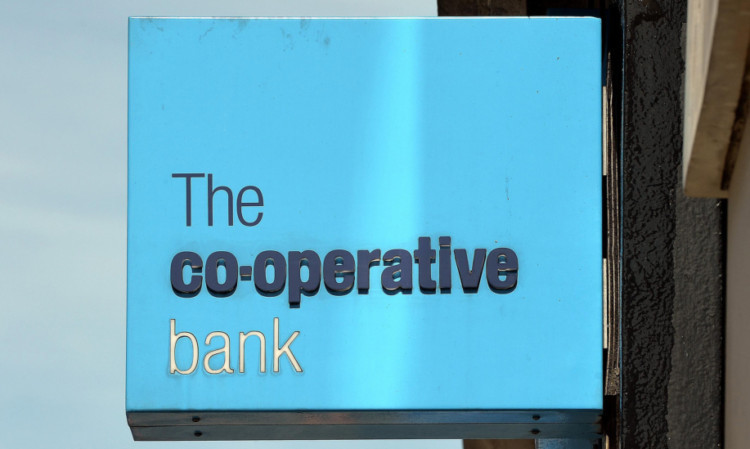Bosses at debt-ridden Co-operative Bank have hailed “overwhelming support” for its recapitalisation plan, as they revealed how investors have agreed to help plug a £1.5 billion shortfall.
The Co-op said preference share and investment bondholder votes in favour of the rescue meant it was “highly confident” the revised deal can be formally agreed at a string of meetings to be held next week.
So far, only 0.09% of votes cast have failed to back the plan.
The bank, which prides itself on its ethical credentials and counts Celtic Football Club and the Labour Party among its customers, had proposed to force thousands of smaller backers into a “painful” haircut on their stakes in exchange for a shareholding when it floats next year.
But a reworked scheme announced last month will instead see control of the bank handed to larger backers, including US hedge funds, and a better deal for retail investors and pensioners.
Monday’s early participation announcement revealed initial-stage conditions for the go-ahead had been satisfied.
In a joint statement, the Co-operative Group and Co-operative Bank said it was delighted at the level of support for the liability management exercise at a “critical juncture”.
“Based on the votes received so far, we expect the proposals to be approved at the meetings of the holders of the preference shares, 13% bonds and 5.5555% bonds on December 11 2013,” the statement said.
“Successful completion of the liability management exercise is also dependent on the success of the scheme holders of the dated notes are currently due to vote on the scheme on December 11 2013.
“We are now highly confident that our £1.5bn recapitalisation plan for the Co-operative Bank can be achieved.”
The Co-op, which recently revealed half-year losses of £709.4 million, is being forced to take steps to shore up the balance sheet of its banking arm after the capital hole was discovered by city regulators.
The shortfall largely stems from commercial property loans, acquired through a merger with the Britannia building society in 2009.
It has precipitated a dramatic fall from grace, with the Co-op forced to pull out of a deal to buy more than 600 Lloyds branches and downgraded to junk status by credit ratings agency Moody’s.
Under the terms of the rescue deal, the Co-op is expected to retain a 30% stake in the bank which has around 4.7 million customers with the remaining 70% given up to large-scale investors.
Around 50 branches are likely to close as part of a restructure to follow, with costs also cut across call centres as investment in digital and self-service banking increases.
Retail customers affected by the plan will be offered a choice between two new types of bond one paying income and the other repaying the principal sum though both options will still incur losses.
There had been concern that giving up a majority stake in the bank would also result in the erosion of its mutual values.
However, Mr Sutherland said the Co-op’s identity and approach would be “legally embedded” in new rules, ahead of a five-year turnaround expected to focus on serving households and small and medium-sized businesses.
